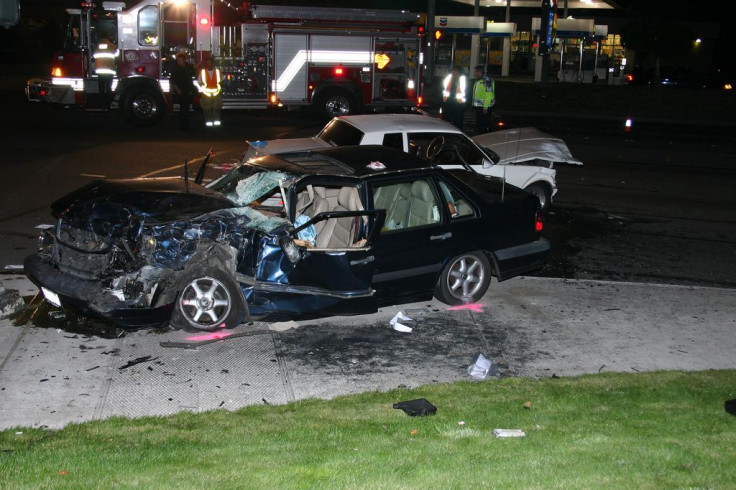Reducing Alcohol-Related Car Crashes May Help Economy

(Reuters Health) – The large reduction in alcohol-related motor vehicle crashes over the past few decades helped the U.S. economy, according to a new study.
Of the $200 million of compounded annual growth to the U.S. gross domestic product (GDP) since 1984 to 1986, about 5 percent is a result of reduction in alcohol-related car crashes, researchers report.
Economic gains will continue to accumulate as alcohol-related car crashes continue to become less common, said Ted Miller, a study author from the Pacific Institute for Research and Evaluation in Silver Spring, Maryland.
“We know where to move to get more reductions,” he said. “We need to hold the course and keep expanding it.”
The installation of breath-controlled ignitions or crash avoidance systems may help reduce alcohol-relate car crashes, Miller told Reuters Health by phone.
The researchers write in the journal Injury Prevention that previous cost estimates of alcohol-related car crashes don’t describe the effects to the economy. Instead, they took employers' or societal perspectives.
The authors say analyzing those costs may not take into account ramifications throughout the economic system.
For example, Miller said, a person in an alcohol-related car accident may need hand surgery in a local hospital. If they weren’t in the accident, they may instead buy a diamond ring, which would likely benefit another country’s economy.
In that situation, the costs associated with an alcohol-related car crash may actually benefit the U.S. economy, because the money being spent on the surgery is staying in the U.S.
“That was something that concerned me that having a cast on your finger rather than a ring may be good for the economy, but it turns out it’s not,” he said.
The researchers found that about 12 percent of people involved in U.S. car crashes in 2010 were involved in an alcohol-related crash.
Miller said that’s about half of the proportion involved in alcohol-related crashes in 1984 to 1986.
They found that Americans drove 25.5 billion miles in 2010 with blood alcohol levels exceeding 0.05. Almost 14 billion of those miles were at blood alcohol levels above the legal limit of 0.08. Each of those miles cut U.S. economic output by $0.80, the authors say.
Overall, alcohol-related crashes reduced the U.S. GDP by $10 billion and cost 234,000 jobs, they found.
Healthcare was the only business sector that benefited from alcohol-related crashes, because of the increased demand for medical services after traffic accidents.
Miller said the economic growth is partially due to people not being out of work and being able to spend money on other services. It’s also due to employers not having to pay benefits for disability, paid time off and additional workers.
“What’s happening by reducing impaired driving, we’re reducing the fringe benefit bill that employers have to pay,” he said.
The researchers caution that their results are limited by the modeling they used. Also, they don’t account for premiums paid for workers to take high-risk jobs, or for the cost of prevention efforts.
SOURCE: http://bmj.co/1zkHas8 Injury Prevention, online April 29, 2015.
(Story refiles to correct in paragraph 13, 0.80 to 0.08.)



























